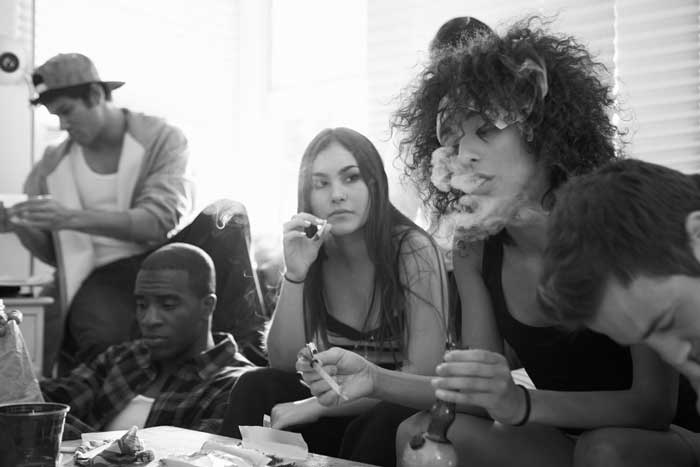
Recently, a new law went into effect in Florida that makes it criminal for retailers to “knowingly and willfully” sell certain drug-products, including a variety of pipes and bongs, for illegal drug use.
At first, the bill was worded much more strictly, and completely banned the sale of these products. Now retailers are still permitted to sell the products for tobacco use purposes, provided that their business makes at least 75% of its sales from tobacco. And given that most retailers already make it clear that they sell these products only for tobacco use, and won’t sell them to people who suggest they want to use illicit substances, it would seem that this law doesn’t really pose a greater risk for retailers… right?
In fact it does, and it’s important to be cautious. Even though the law that passed is less harsh than it was initially intended to be, it still leaves room for retailers to get hit with criminal charges. These aren’t minor charges either. First-time violations of the law constitute a first-degree misdemeanor. And any violations afterwards will be considered third-degree felonies. This translates to possible jail time and fines amounting to hundreds or thousands of dollars.
Retailers will have to be even more on their guard. The way the law is worded, it may be difficult for a prosecutor to prove that a retailer “knowingly and willfully” sold a particular bong or pipe that wound up getting used illicitly. But what does “knowingly and willfully” exactly mean in any given situation? There could be a case where a customer said something that may have indicated that he intends to use the product for legal purposes, but the retailer didn’t pick up on the hint; does that mean the retailer broke the law?
Retailers might also come up against undercover cops posing as illict drug users; these situations are fraught with the possibility of getting arrested for not being sufficiently suspicious about a customer’s intentions.
Another problem may arise when a retailer has hired a shop assistant who gets charged with breaking this law; is the retailer also responsible, and to what extent?
Retailers who sell these products already have to be careful, and this law will put them even more on their guard. If you find yourself running afoul of the law, you may need to contact a criminal defense lawyer. Given that a criminal charge may rest on gray areas involving intention, and what you should have known or inferred, you’ll need an expert attorney to advocate for you.
Latest posts by Howard Iken (see all)
- The Military & Getting Rightful Benefits After Divorce - January 25, 2019
- What Chapter 7 Bankruptcy Can Do for You - August 21, 2017
- Ongoing Case Regarding Obama Amnesty Executive Order - January 17, 2016
- Big Change in Law Regarding Fight Against Opiate Trafficking - November 1, 2015